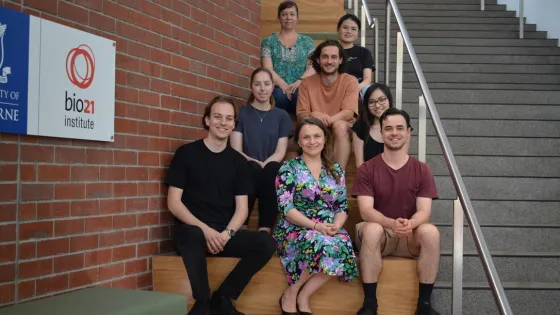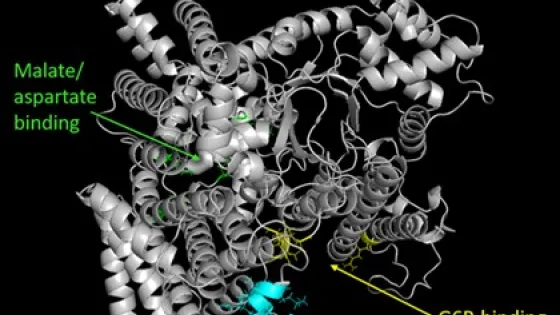Past events
This page lists RSB past events.
PS Seminar Series: Tales of alternative translation initiation and cysteine oxidation in Arabidopsis
Post-translational modifications (PTMs) greatly expand proteome complexity and can dynamically tune protein function. Already during their synthesis, proteins are co-translationally processed and N-α-acetylated at their N-terminus.

The rise of angiosperms (flowering plants) was a major revolution in Earth’s history, yet many aspects of their diversification remain unresolved.

The inaugural Chris Bryant Memorial Lecture is an event jointly organised by the Research School of Biology and CPAS. This year's lecture will be presented by Alexander Maier, a professor in the Research School of Biology. Professor Maier will discuss “Sushi, Sex and Mind Control – Why Parasites (still) Matter."
As sessile organisms, plants have evolved a multitude of mechanisms to acclimate to their environment enabling the plant to optimise development and reproduction, and fight off or resist both biotic and abiotic stresses they may encounter through their life cycle.

Mitochondrial diseases (MDs) are the largest and most common group of inherited metabolic disorders. They comprise over 350 monogenic diseases and affect at least one child born each week in Australia.
Host-microbe associations have been, and continue to be, an area of great interest.

C4 photosynthesis, a carbon concentrating mechanism, evolved as an adaptation to improve photosynthetic CO2 assimilation in terrestrial plants under conditions of low CO2, increased temperatures and varying rainfall patterns.

Cell-to-cell communication is essential for the co-ordination of responses in all multicellular organisms. One mechanism plants employ as defence against pathogens is restriction of cell-to-cell communication by plasmodesmata closure during infection.
